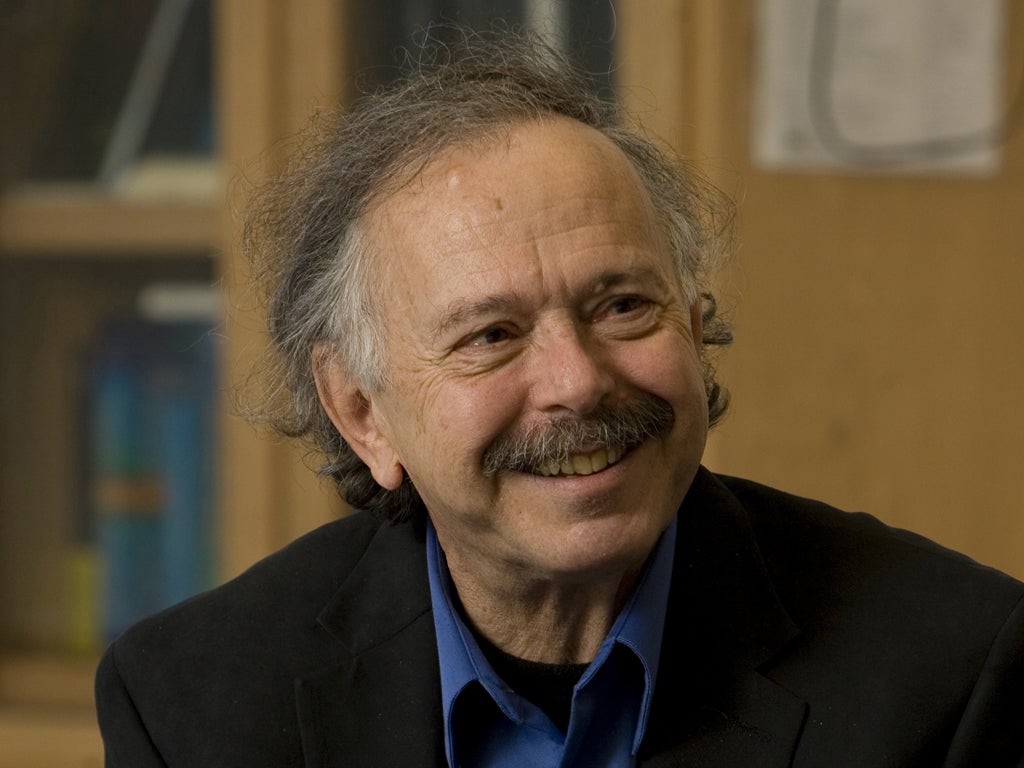
Your support helps us to tell the story
From reproductive rights to climate change to Big Tech, The Independent is on the ground when the story is developing. Whether it's investigating the financials of Elon Musk's pro-Trump PAC or producing our latest documentary, 'The A Word', which shines a light on the American women fighting for reproductive rights, we know how important it is to parse out the facts from the messaging.
At such a critical moment in US history, we need reporters on the ground. Your donation allows us to keep sending journalists to speak to both sides of the story.
The Independent is trusted by Americans across the entire political spectrum. And unlike many other quality news outlets, we choose not to lock Americans out of our reporting and analysis with paywalls. We believe quality journalism should be available to everyone, paid for by those who can afford it.
Your support makes all the difference.A climate sceptic has said that it is now time to end the debate over whether global warming is real after the most definitive study into temperature data gathered by weather stations over the past half-century.
Professor Richard Muller, a physicist at the University of California, Berkeley, who has been an outspoken critic of the science underpinning global warming, said that there is little doubt in his mind the phenomenon of rising land temperatures is real. Over the past two years, he has chaired a group of scientists who have carried out an exhaustive analysis of more than 1.6 billion temperature recordings collected from more than 39,000 weather stations at land sites around the world.
The Berkeley Earth Surface Temperature (Best) study was set up to test the findings of other studies and was part-funded by US billionaire brothers Charles and David Koch.
"When we began our study, we felt that sceptics had raised legitimate issues, and we didn't know what we'd find. Our results turned out to be close to those published by prior groups. We think that means that those groups had truly been very careful in their work, despite their inability to convince some sceptics of that," Professor Muller said.
The Best study has yet to be peer-reviewed but has been submitted to the journal Geophysical Research Letters. Scientists homed in on weaknesses they saw in studies by the Climatic Research Unit and Hadley Centre in the UK, and the National Aeronautics and Space Administration and National Oceanic and Atmospheric Administration in the US.
Professor Muller and his colleagues, including this year's physics Nobel winner, Saul Perlmutter, had suspected the previous work had been tainted by the "urban heat island effect", where increasing urbanisation around weather stations was causing the temperature increases recorded over the past half-century.
But a fine statistical analysis showed the urban heat effect could not explain a global temperature increase of about 1C since 1950. Professor Muller said the warming was not the result of data bias caused by selective elimination of some weather stations from the analysis, or the practice of "homogenisation" to take into account changes in weather station positions or instrumentation.
Join our commenting forum
Join thought-provoking conversations, follow other Independent readers and see their replies
0Comments